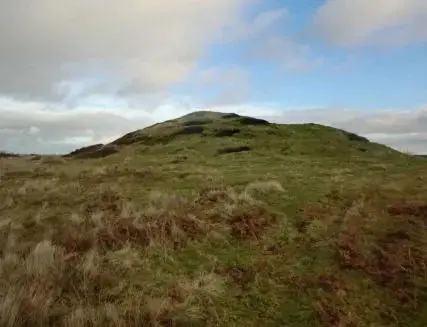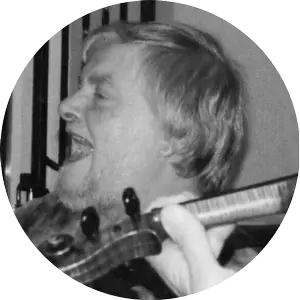
Robin Hood's Butts
Lyke Wake Dirge
I first heard this sombre ancient old Yorkshire dialect lament for the dead, which was sung over the corpse on its way to the burial mound, sung in the early 1970s. It was sung by Brian Krengle, co-founder of Robin Hoods Bay Folk Club and Warden of Boggle Hole Youth Hostel.
The song tells of the trials and tribulations the dead persons soul faces on its journey betwixt earth and heaven, or hell. The ’Lyke’ of the title refers to the corpse, and the ‘Wake’ is the watch over the dead body between the death and the burial. The ‘Fire and Fleet and candle-lighte’ of the chorus is thought to represent all the comforts of the home. The ‘Brig o’ Dread’ was thought to be the final obstacle on the way. Evil souls fell from the bridge into hell, and those souls that crossed the bridge gained entrance to heaven.
The words were originally noted down by John Aubrey in 1686, but it is believed to be much older and of pagan origin. During the Bronze Age (3300 BC – 1200 BC) it was the custom to bury people in mounds known as ‘barrows’, usually built from stones and earth on hill tops or ridges of high land. A great many of these mounds were scattered across the North Yorks Moors and in bye gone days they were used as route markers by pedlars and travellers when crossing over the bleak moorland.
The nearest burial mounds to Robin Hoods Bay are about a mile south of the village on the crest of Stoupe Brow and are known locally as ‘Robin Hood's Butts’.
